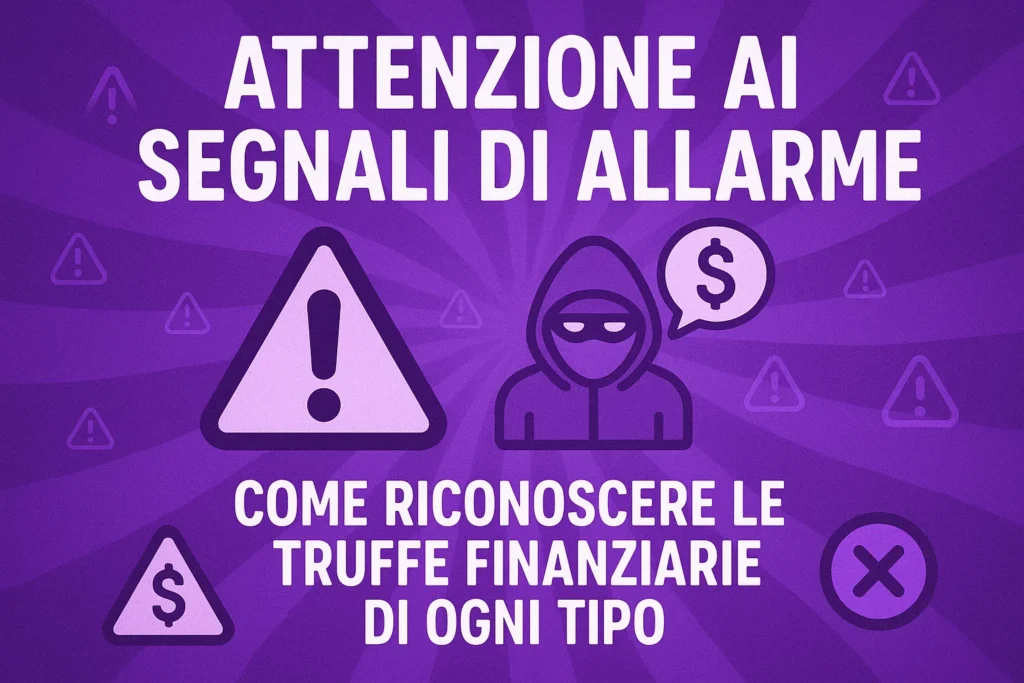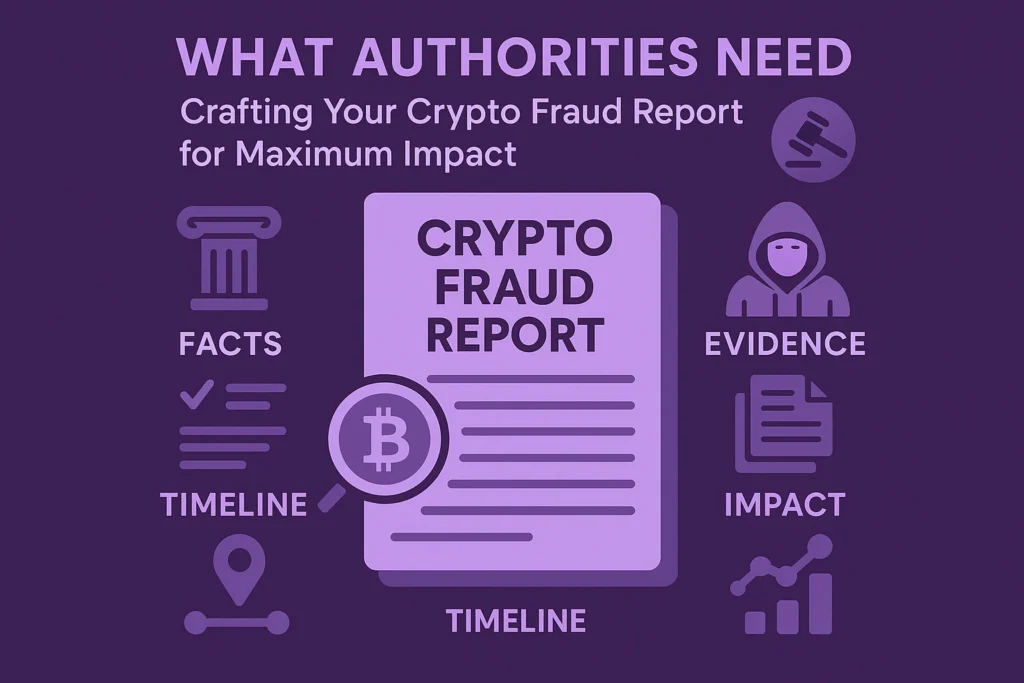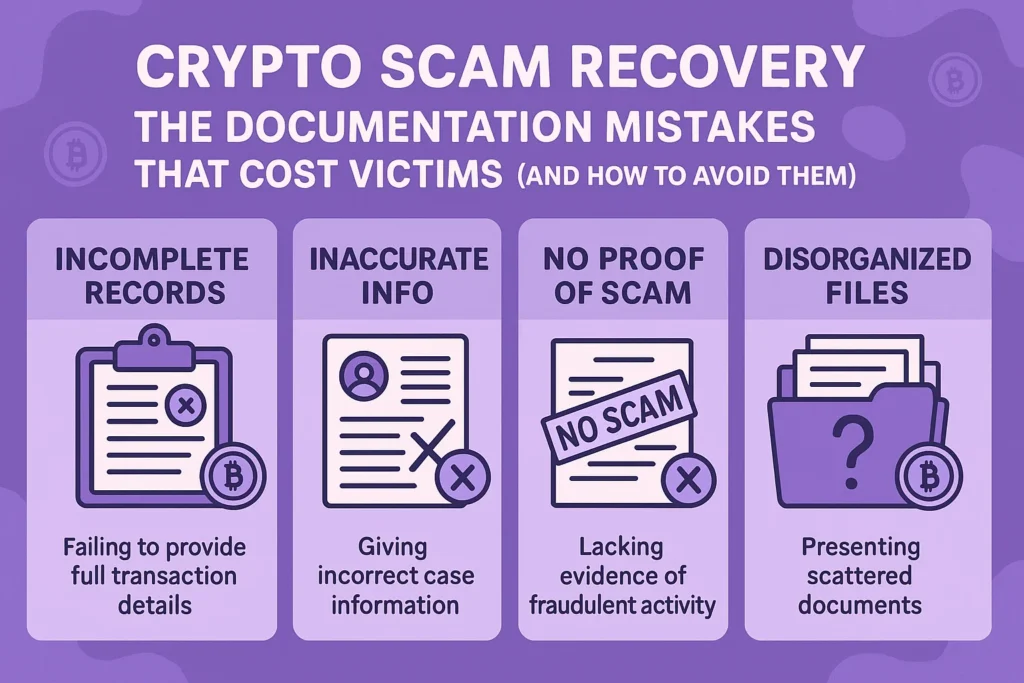At CyberClaims, we’re here to uncover and expose the latest fraudulent schemes, including AI-generated scams that target unsuspecting individuals. One of the most alarming trends of 2025 is the use of artificial intelligence to impersonate prominent figures like Elon Musk, luring victims into financial traps.
The Claim
Videos circulating on social media platforms claim that Elon Musk is promoting a financial scheme called Quantum AI, which promises high returns with minimal risk. These videos use AI technology to make it appear as though Musk is endorsing the platform, but they are entirely fabricated.
How the Scam Works
The fake videos use authentic footage of Musk, such as clips from podcasts and events, but overlay them with AI-generated voiceovers. In these videos, Musk appears to invite viewers to invest in Quantum AI, claiming:
- “By joining us early on, you can earn up to $3,000 by selling shares with high returns and minimal risk.”
One video even mimics a 9 News Australia report, falsely claiming that “every resident of the country will be able to receive an income of $5,700 a day.” It directs viewers to a fake Quantum AI website, urging them to invest a minimum of $400.
Key Red Flags:
- Voice and Lip Sync Issues: The videos often show Musk’s lips out of sync with the AI-generated audio.
- Blurred Visuals: Subtle blurring around Musk’s lips is a common sign of deepfake technology.
- Fake URLs: The videos direct users to imitation websites that mimic trusted news sources but lead to fraudulent platforms.
Expert Insights
RMIT University’s Associate Dean of Artificial Intelligence, Professor John Thangarajah, warns that AI-generated scams are the new frontier of fraud. “This is the current equivalent of email scams that trick you with text. These scams elevate it with audio/visual elements,” he says.
What to Look For:
- Out-of-Sync Audio and Video: Deepfake videos often have mismatched lip movements and audio.
- Unnatural Speech Patterns: AI-generated voices can sound robotic or lack natural inflection.
- Fake Endorsements: Be wary of celebrities promoting financial schemes or products, especially on unofficial channels.
Common AI Scam Elements
- Impersonation of Celebrities: Scammers use well-known figures like Elon Musk to establish trust and credibility.
- Fake News Reports: Fraudulent schemes often create imitation news segments to add legitimacy.
- Imposter Websites: Scammers set up websites with fake testimonials and live updates to appear authentic.
The Impact
Scams like this are part of a larger trend involving celebrity endorsement fraud. According to the Australian Competition and Consumer Commission (ACCC), Australians lost $3.1 billion to scams in 2022, an 80% increase from 2021. AI-enhanced scams are expected to drive even higher losses in 2025.
How to Protect Yourself
Spotting Deepfake Videos:
- Analyze Visuals: Look for unnatural facial movements, blurring, or syncing issues.
- Verify Sources: Cross-check claims with the celebrity’s official website or verified social media accounts.
- Inspect URLs: Always verify the web address before clicking. Fraudulent sites often use slight variations of legitimate URLs.
Avoiding Financial Traps:
- Don’t Rush: Scammers often pressure victims into making quick decisions.
- Never Share Personal Details: Avoid providing sensitive information to unknown sources.
- Report Suspicions: If you come across a potential scam, report it immediately.
Reporting Scams
If you’ve encountered a scam, take action to protect yourself and others. Here are trusted resources for reporting:
- FBI Internet Crime Complaint Center (IC3): File reports on fraudulent schemes.
- ACCC ScamWatch: Report scams targeting Australians.
- Better Business Bureau Scam Tracker: Find and report scams near you.
- FTC Consumer Advice: Resources for identifying and reporting fraud.
- Europol Cybercrime Insights: Updates on emerging trends in online scams.
Additional Resources
Stay ahead of scammers by leveraging these trusted resources:
- Identity Theft Resource Center: Assistance for victims of identity theft.
- CISA Cybersecurity Tips: Guidelines for staying safe online.
- Australian Cyber Security Centre: Alerts and updates on cyber threats.
Stay Informed with CyberClaims
At CyberClaims, we provide the latest updates and tools to help you navigate the evolving landscape of online scams. Protect yourself by staying informed, verifying information, and spreading awareness. Remember, if something seems too good to be true, it probably is.










